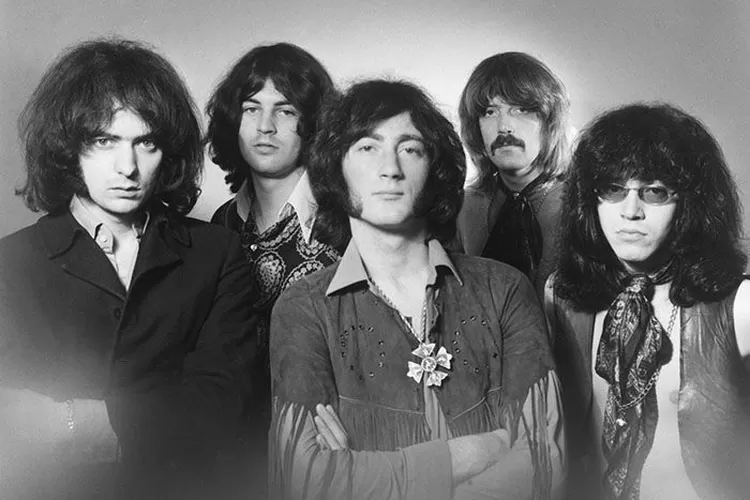
In the annals of rock music history, few bands can claim the enduring influence and electrifying stage presence of Deep Purple. This iconic band, hailing from Hertford, Hertfordshire, England, has left an indelible mark on the world of rock and roll. Deep Purple’s journey from their early hit “Hush” to their timeless classic “Smoke on the Water” is a testament to their legendary career. In this blog, we’ll take a closer look at this iconic band, their origins, and their groundbreaking contributions to rock music.
Humble Beginnings in Hertford
Deep Purple was formed in 1968, with a lineup that included Ritchie Blackmore (guitar), Jon Lord (keyboards), Ian Gillan (vocals), Ian Paice (drums), and Roger Glover (bass). These five talented musicians came together to create a sound that would redefine the rock genre.
Hertford, a picturesque town in Hertfordshire, provided the backdrop for the band’s early rehearsals and creative sessions. The quaint English town might seem an unlikely birthplace for a rock revolution, but it was here that Deep Purple began their journey to stardom.
“Hush”: The Breakthrough Hit
Deep Purple’s debut single, “Hush,” released in 1968, was a cover of Joe South’s original song. The band’s rendition injected a dose of energy and edge into the track, propelling it to international acclaim. “Hush” marked the beginning of Deep Purple’s rise to fame, and it remains a beloved classic in their repertoire.
The Iconic Lineup and Sound
One of the defining features of Deep Purple’s music was their unique blend of rock and classical elements. Jon Lord’s virtuoso keyboard skills, combined with Ritchie Blackmore’s intricate guitar work, created a distinctive sound that set them apart from their contemporaries. Ian Gillan’s powerful vocals, Ian Paice’s impeccable drumming, and Roger Glover’s solid bass lines completed the ensemble.
This iconic lineup produced a string of albums that pushed the boundaries of rock music. Classics like “Machine Head,” “In Rock,” and “Fireball” showcased Deep Purple’s ability to seamlessly fuse hard rock with elements of classical music, jazz, and blues.
“Smoke on the Water”: The Magnum Opus
No discussion of Deep Purple would be complete without mentioning “Smoke on the Water.” Released in 1972 as part of their album “Machine Head,” this timeless track is one of the most recognizable and iconic riffs in rock history. The song’s creation was inspired by a real-life incident: the band’s recording sessions in Montreux, Switzerland were interrupted by a fire that destroyed the Montreux Casino. The lyrics vividly recount this incident, making “Smoke on the Water” an anthem for rock enthusiasts worldwide.
Enduring Influence
Deep Purple’s music continues to inspire and captivate new generations of rock fans. Their virtuosity, innovation, and unapologetic approach to music have left an indelible mark on the genre. Countless bands and musicians cite Deep Purple as a major influence on their own music.
In recognition of their groundbreaking contributions to rock music, Deep Purple was inducted into the Rock and Roll Hall of Fame in 2016, cementing their status as legends in the industry.
Deep Purple’s journey from the quiet streets of Hertford to the global stage is a testament to the enduring power of rock music. Their origins in England, their breakthrough hit “Hush,” and the creation of the iconic “Smoke on the Water” all contributed to their legendary status. Deep Purple’s innovative sound and fearless approach to music have solidified their place in rock history, and their music continues to resonate with fans around the world. In the ever-evolving world of rock and roll, Deep Purple’s star still shines brightly.

